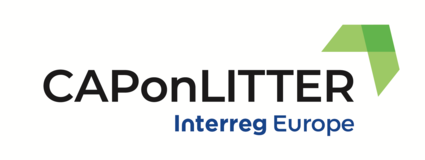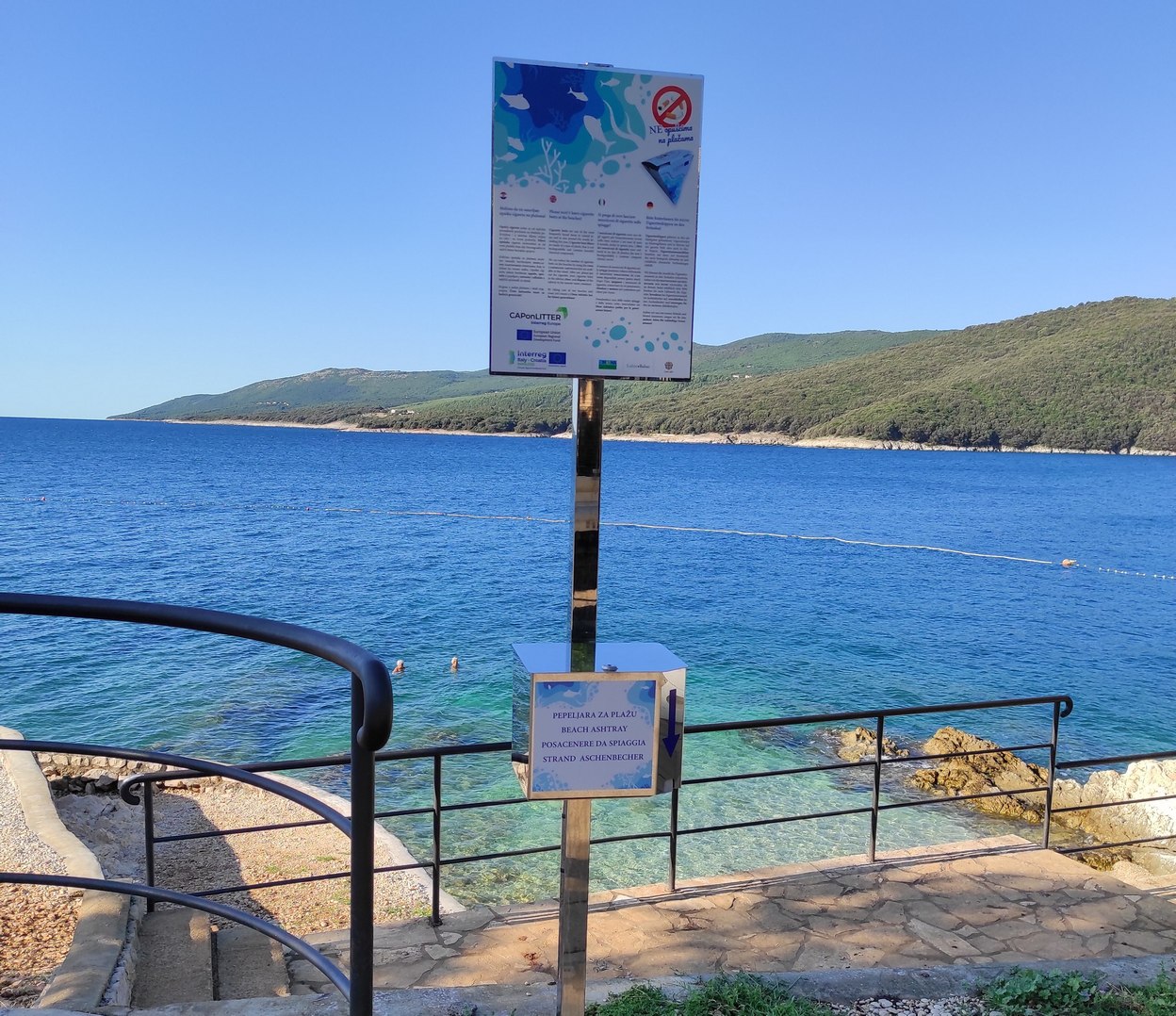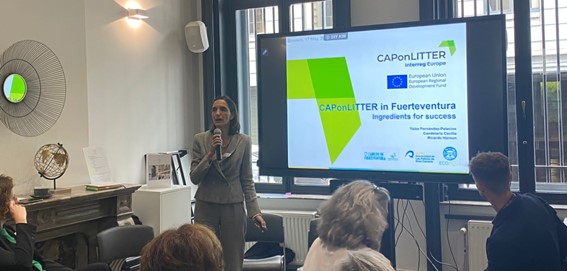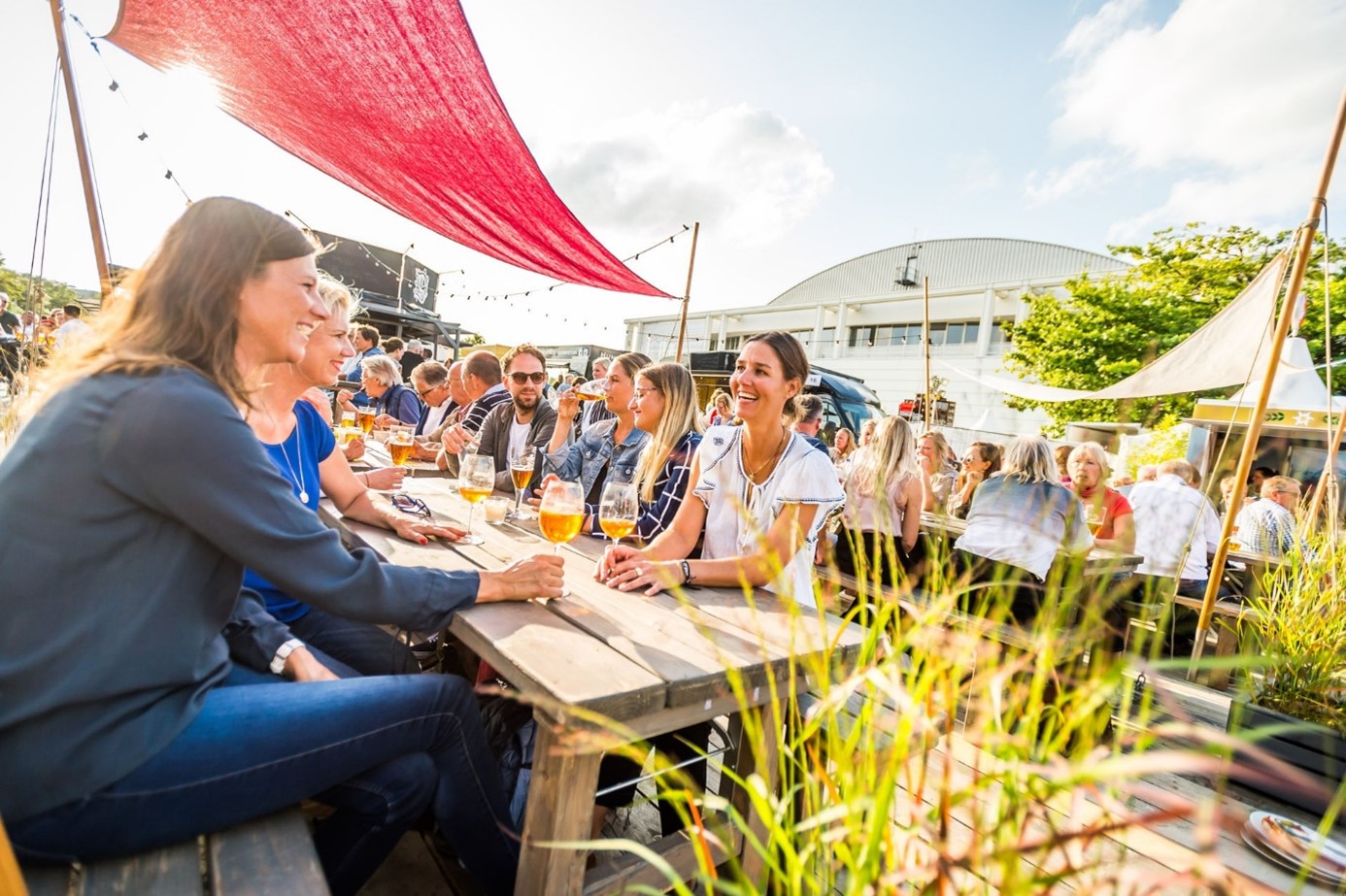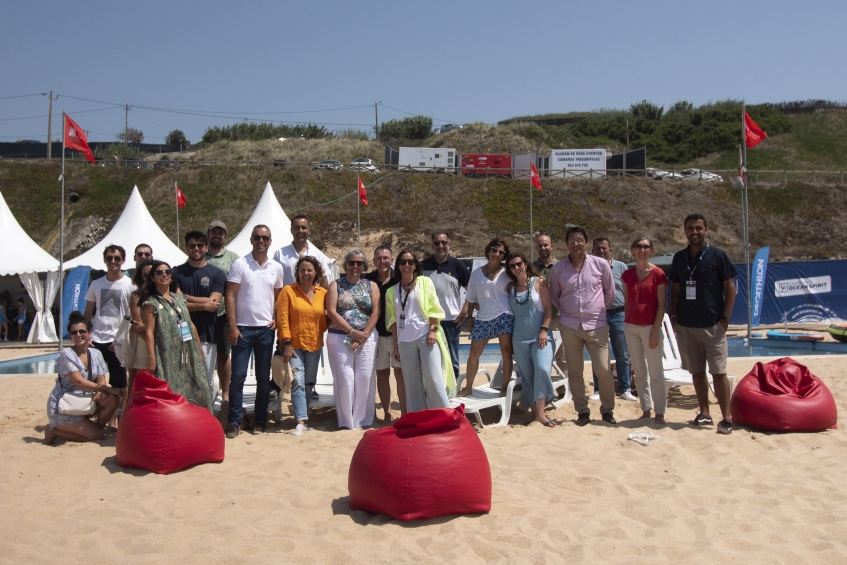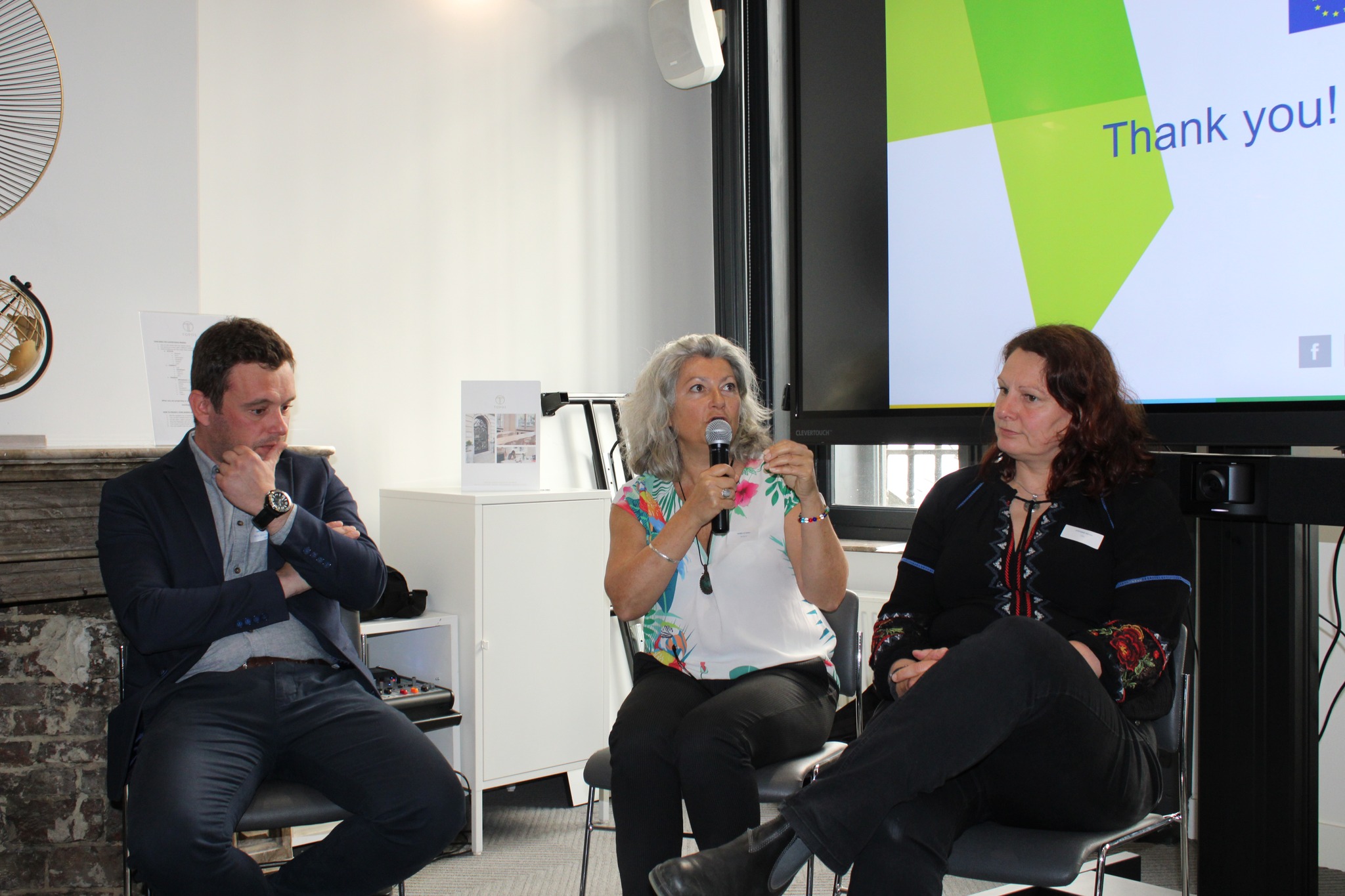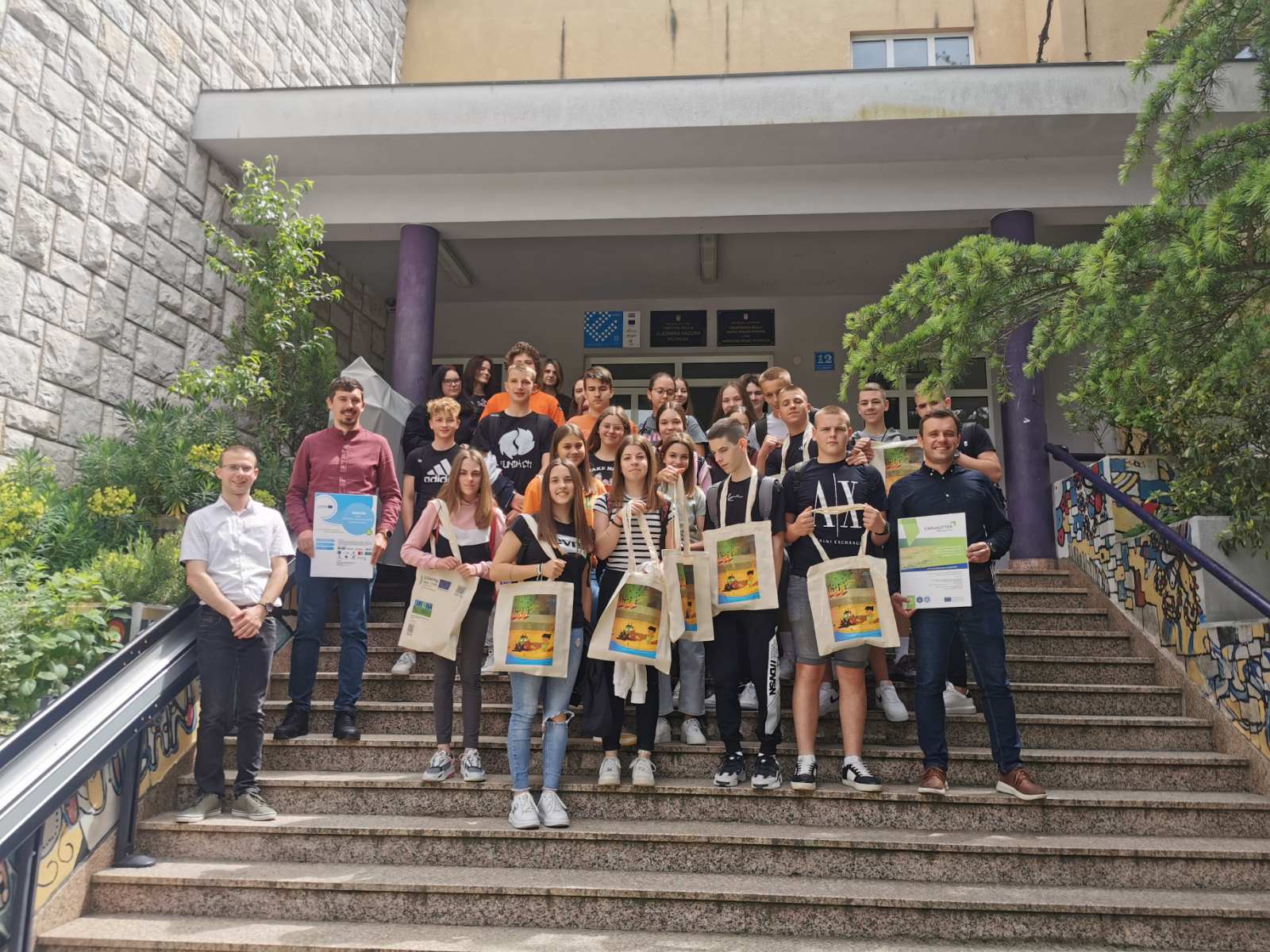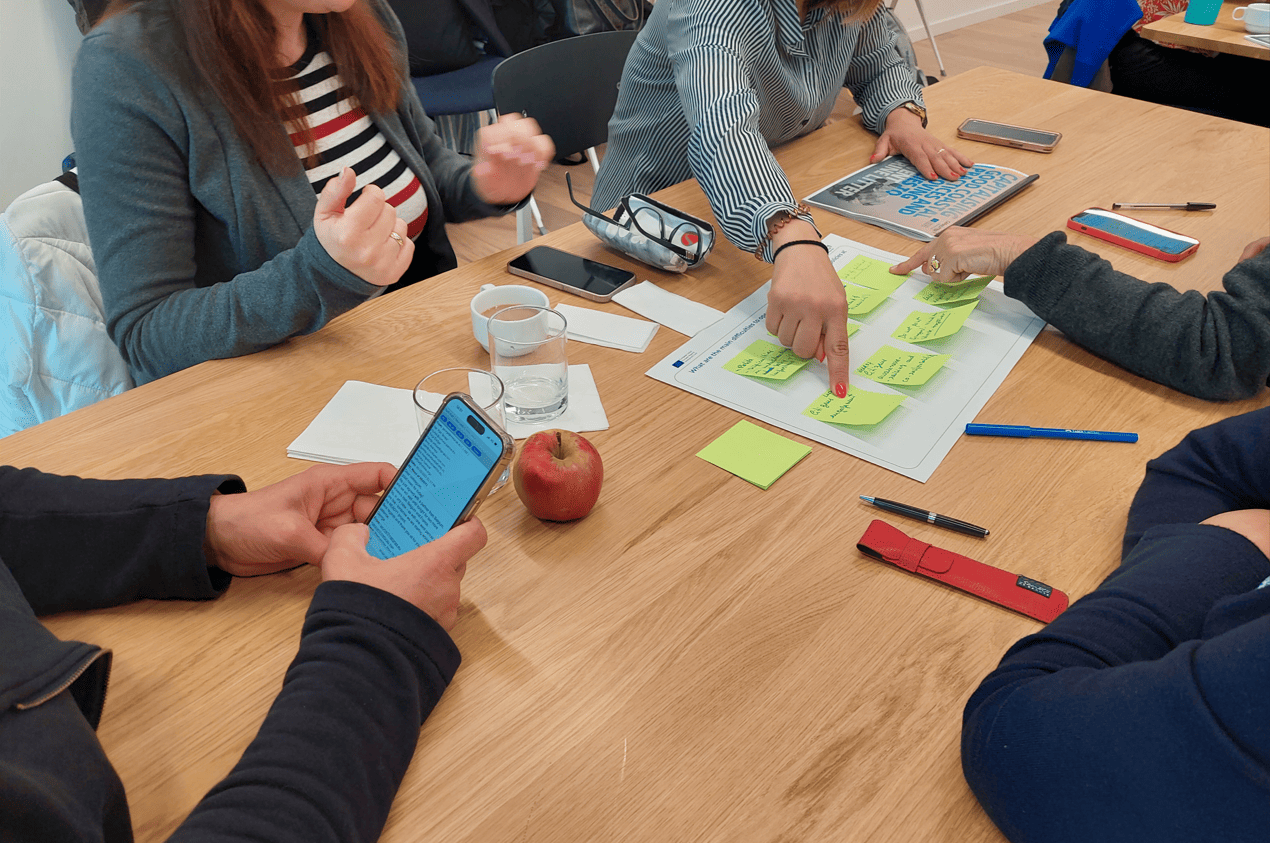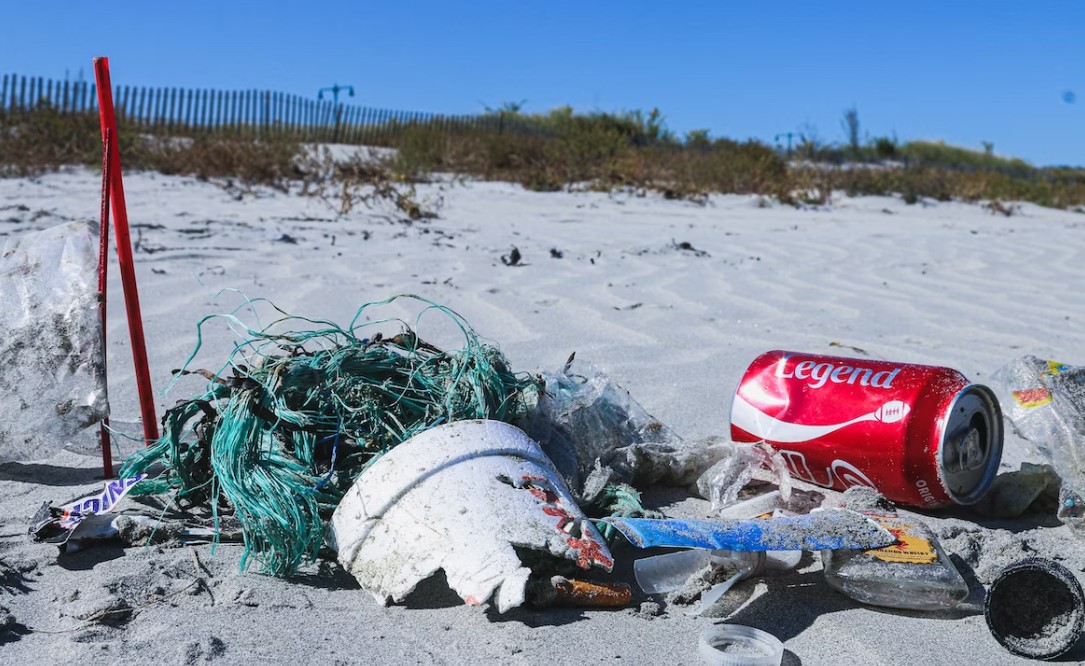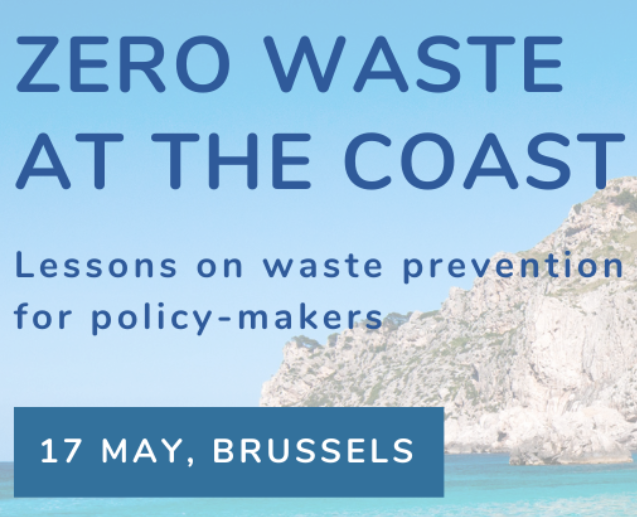The fourth International Learning Event (ILE) of CAPonLITTER, organized by the IU-ECOAQUA (University of Las Palmas de Gran Canaria), project partner in Spain, took place on December 2, 2020.
With the theme ‘The role of local communities, how to improve awareness of beach-users and the citizen science in preventing, managing and monitoring marine litter in coastal sites’, this online event featured presentations by stakeholders from different initiatives implemented by CAPonLITTER in Germany, France, Bulgaria, Croatia, Portugal, Greece and Spain, related to public and private management, beach user awareness and citizen science in each of these areas.
Today, we present the stakeholders participating from Spain:
OBAM – Observatorio de Basura Marina

Presented by Mr. Tony Gallardo, Management Director at Fuerteventura Biosphere Reserve, the main objective of the Marine Litter Observatory is to monitor the amount of marine litter present in the marine areas protected by the Natura 2000 Network, as well as the marine area of the Fuerteventura Island Biosphere Reserve. With three focus areas –education, science and participation– the OBAM works with different key targets: fishermen, port operators and sailors, shipping staff, tour guides and many more, basically the whole ecosystem related to coastal activities and the generation of plastic waste.
The science is focused on classifying marine litter, creating a database that records the litter generation and to analyse the composition of this litter. Participation is extremely important and targets the same stakeholders as those listed above.
The cooperation of the stakeholders groups are key to not only reduce waste, but to help analyse what waste is being generated through which activities.
Activities also included untangling turtles caught in plastic and other wildlife impacted by litter, as well as beach cleanups within bigger campaigns, that help characterize the waste found (fishing gear, cups, etc.). Also, it focuses on the huge amount of microplastic and the impact this has on local nature. Campaigns are done with and aimed at local citizens and tourists to reduce the volume of waste generated on beaches.
Follow the Marine Litter Observatory through its social networks: Facebook and Instagram.
Creando con Ciencia Project

Presented by Mrs. Yanira Cáceres, President at the NGO AVANFUER and linked to the Youth Department of Fuerteventura Island Council, the project was born in 2018 through the volunteering of a group of young people with multidisciplinary profiles (marine biology, environmental education...), as a result of activities of coastal action and cleaning together with AVANFUER. This NGO was established in 2005 to defend the Fuerteventura island and protect the marine and local environment from degradation. Activities include awareness raising, volunteer training and internship, education programmes and more. Volunteers help with clean ups on beaches, nesting sea turtles and other environmental protection activities.
In addition to the waste cleaning activities, they felt the need to collect information on plastic pollution on the island's beaches. In 2018, the Creando con Ciencia project started and focused on targeting young people to educate them on the impact of marine litter & microplastics. Young researchers did a study on microplastics on Fuerteventura, building on previous research done on other Canary islands. They took samples from different beaches to collect data on microplastics. It used a citizen-science methodology and won a local academic award for the project. Across 10 beaches, 422 volunteers took 33 samplings on microplastics. This data went to the laboratory for research, showing the volume of microplastics remains constant whilst macroplastic increases during tourist seasons. To date, more than 50 scientific sampling activities have been carried out on the beaches of Fuerteventura with the participation of more than 500 volunteers and they have diagnosed the abundance and characterization of the plastic present in various beaches of Fuerteventura.
The project uses social media and hashtags to raise further awareness about the project and the impact of marine litter. Furthermore, they participate in several workshops, speak at events (COP25 in Madrid) and publish articles in newspapers & online blogs.
Follow the Creando con Ciencia project through its social networks: Facebook and Instagram.
Photo credits of the Fuerteventura Biosphere Reserve: Bárbara Abaroa.
